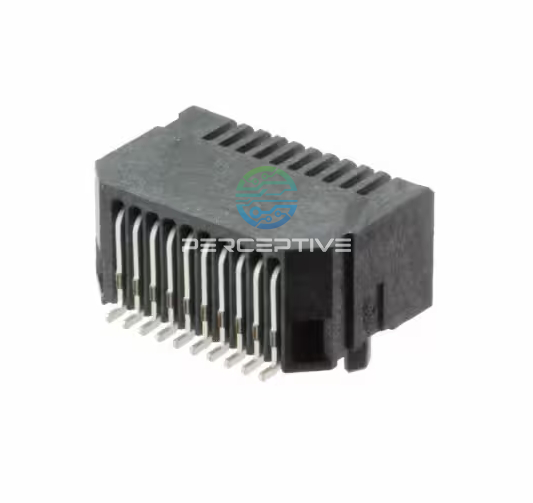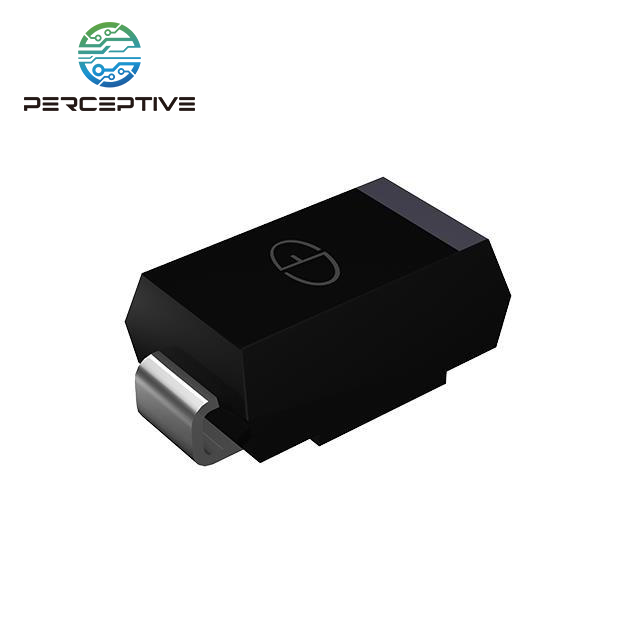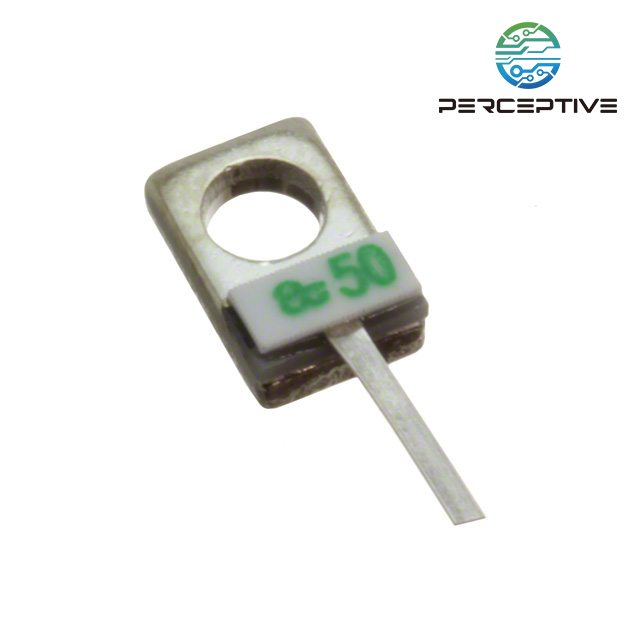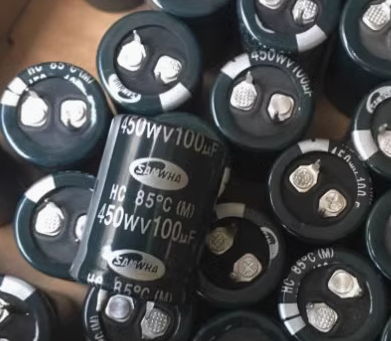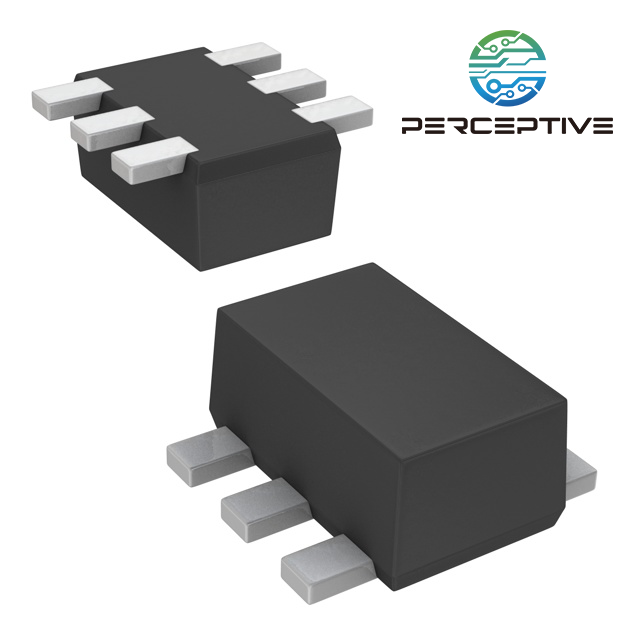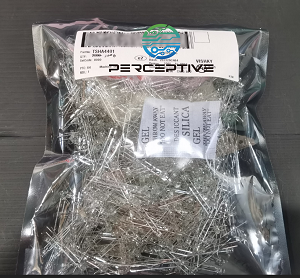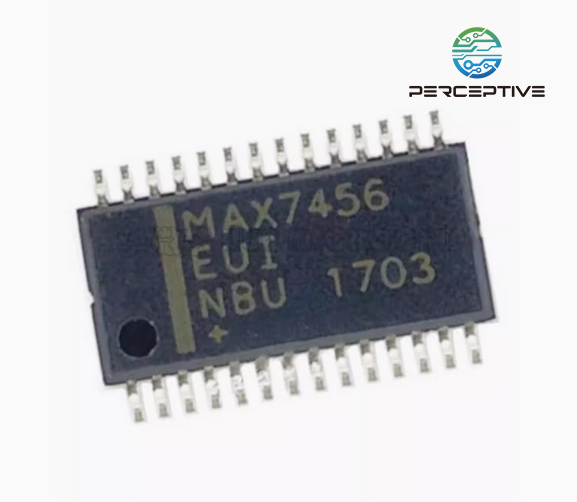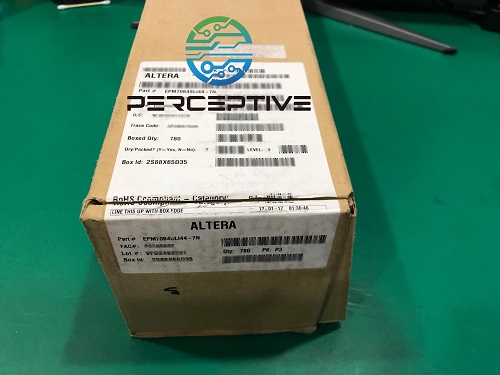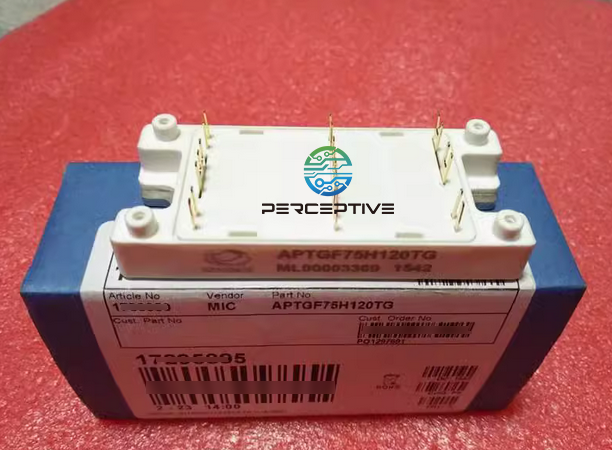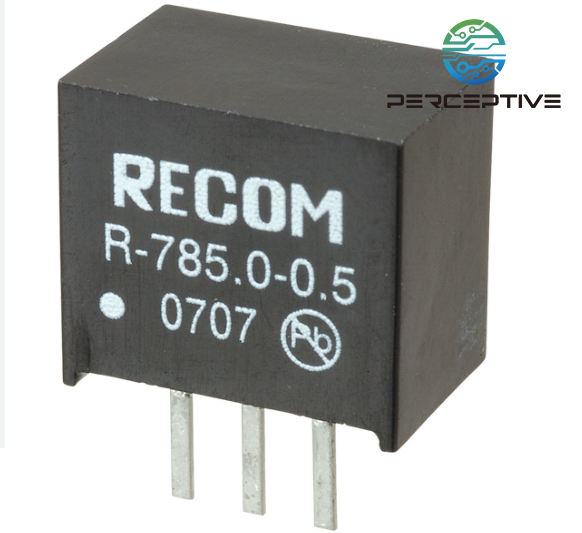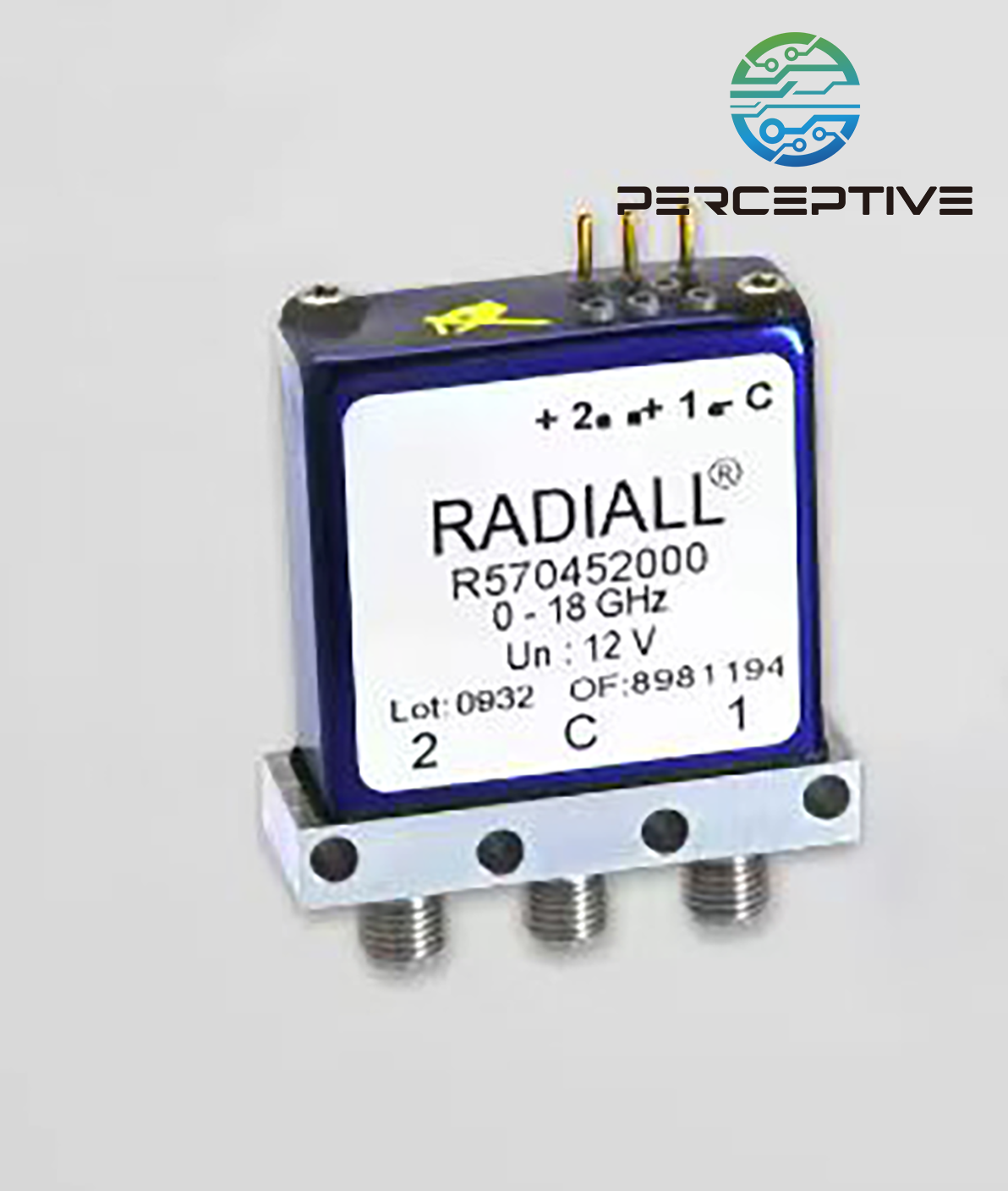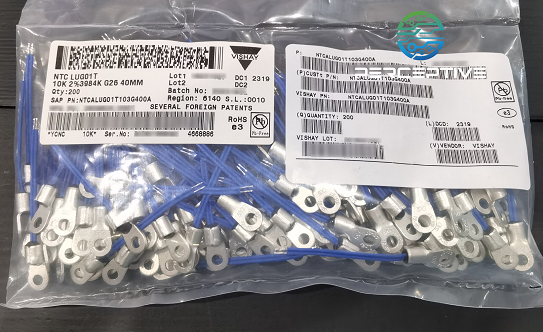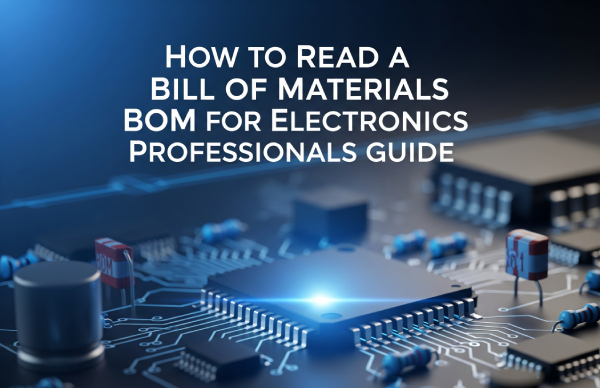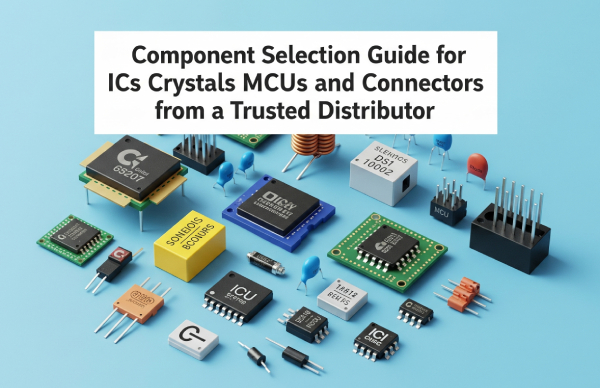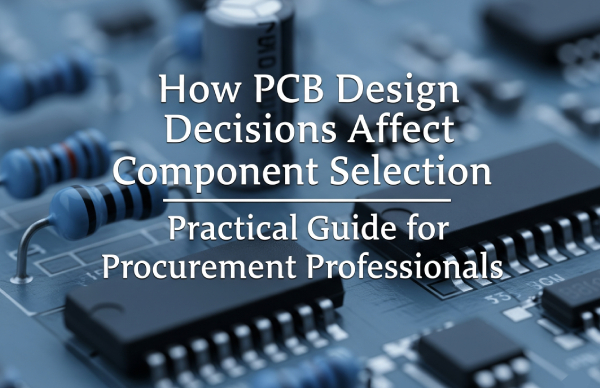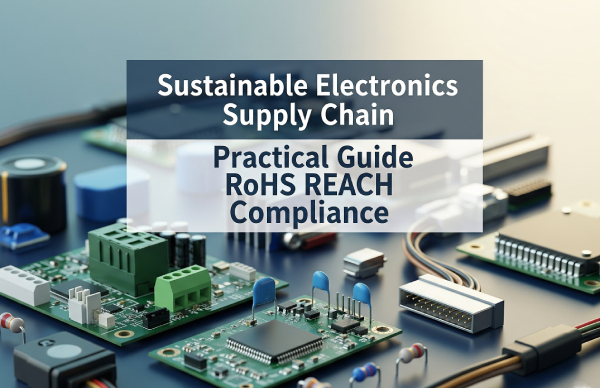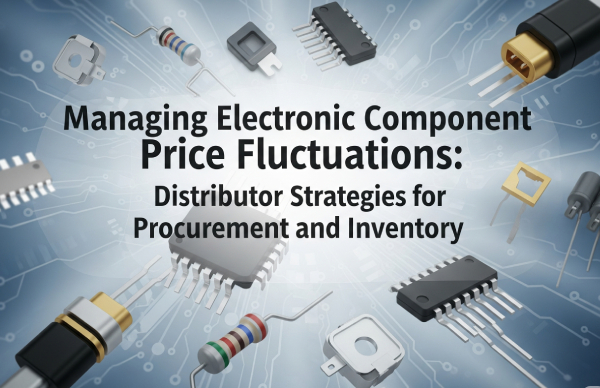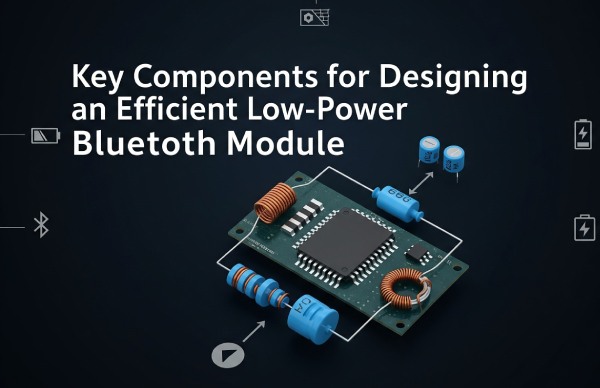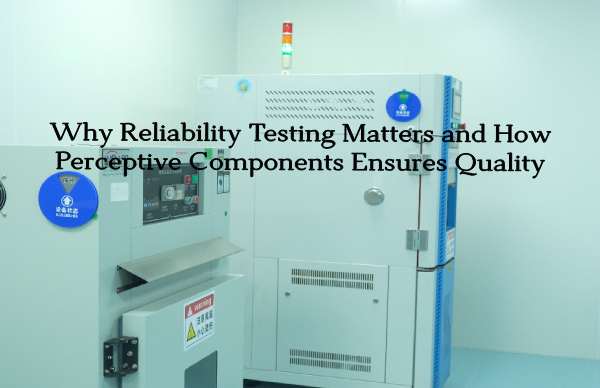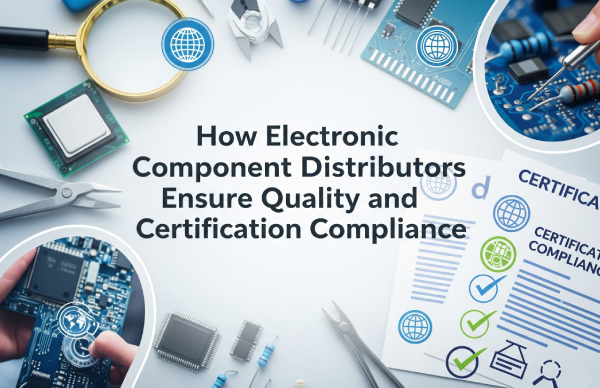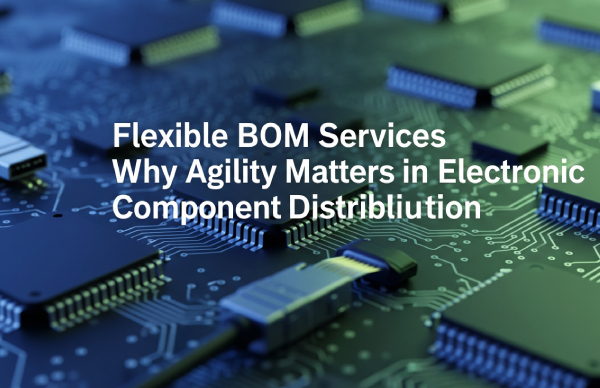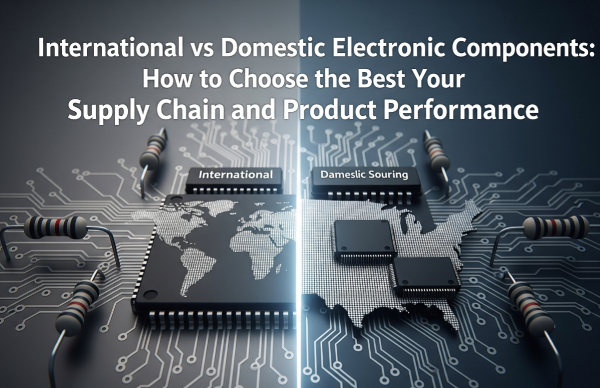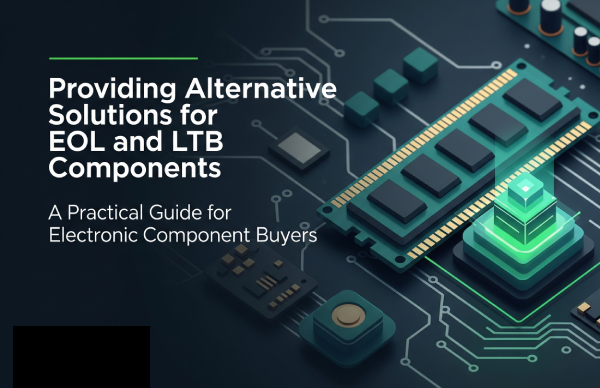When sourcing electronic components, one of the most critical factors to evaluate is the reliability of a supplier's quality control (QC) processes. High-quality electronic components are essential for ensuring the performance, longevity, and safety of the end product. Poorly controlled quality can lead to costly defects, production delays, and ultimately damage a company's reputation. Therefore, understanding how to assess and prioritize QC reliability when selecting a supplier is key to maintaining the integrity of your supply chain.

Why Quality Control Reliability Matters
Quality control in the electronic components industry isn't just about following standard procedures; it's about developing a system that guarantees consistent product quality, reduces waste, and meets the regulatory standards required in various industries. The reliability of a supplier's QC process ensures that the components you receive are defect-free, function as intended, and conform to the highest industry standards. A supplier's QC practices are crucial in preventing defects that could cause operational downtime or even catastrophic failures in critical systems, such as medical devices, automotive electronics, or consumer electronics.
Key Elements of Reliable Quality Control in Electronic Components
Clear Quality Standards and Metrics
A reliable supplier will have clearly defined quality standards based on internationally recognized frameworks (e.g., ISO 9001, IPC standards). These standards set a foundation for all QC processes, ensuring that every product meets the required specifications before leaving the factory. Suppliers should openly communicate these standards and provide transparency into how they are maintained across various stages of the production process.
Consistency in Inspection and Testing
A high-quality supplier doesn't only perform testing at the beginning of the production run. They should have ongoing inspection processes in place to monitor the consistency of production. This could include automated visual inspections, electrical testing, and environmental stress tests to simulate real-world conditions. It's crucial that suppliers maintain thorough documentation of test results, which can be audited or reviewed if issues arise.
Process Capability and Control
A reliable QC system doesn't just identify defects—it prevents them. The supplier’s process control methods, such as Statistical Process Control (SPC), are essential in ensuring that processes are within acceptable limits and variations are minimized. By monitoring production metrics in real time, a supplier can take corrective action before defective components are even made. This proactive approach is a strong indicator of a reliable QC system.
Supply Chain Integration
Quality control should not be isolated to the final product inspection. A dependable supplier integrates QC processes throughout their supply chain, ensuring that all raw materials and components meet stringent quality standards before assembly begins. This includes working with sub-suppliers to ensure that every stage of the supply chain is governed by the same rigorous quality measures.
Traceability and Documentation
Accurate documentation and traceability are essential for a reliable QC system. When defects do occur, it's critical to have the ability to trace the issue back to its origin. A strong supplier will maintain traceability records for every batch, showing where materials came from, what tests were performed, and how each product was handled. This documentation not only provides insight into the quality of the product but also helps with post-production issue resolution.
How to Evaluate Supplier Quality Control
When assessing potential suppliers, here are some practical steps to ensure their QC processes meet your standards:
Request Documentation: Ask for certifications, test results, and process control reports. Suppliers should be able to show detailed evidence of their QC processes and how they meet your quality requirements.
Audit Their Facilities: If possible, visit the supplier’s production site to inspect their quality control processes firsthand. Check the facilities’ cleanliness, organization, and the technologies they use for testing and inspection.
Check for Industry Certifications: Look for suppliers that hold industry-specific certifications, such as ISO 9001, ISO 14001, or even IPC-A-610 for electronics manufacturing. These certifications indicate a commitment to quality and regulatory standards.
Assess Their Responsiveness to Issues: Inquire about their procedures for handling quality issues. A supplier who is responsive and transparent about how they handle defects and complaints will likely be more reliable in maintaining consistent product quality.
Conclusion
Prioritizing reliable quality control in your supplier selection is crucial for minimizing defects, delays, and costs. A supplier with strong QC practices ensures consistent product quality, boosting operational efficiency and long-term success.
If you have a need for electronic components, feel free to contact Perceptive, while we will inspect and provide test reports.

